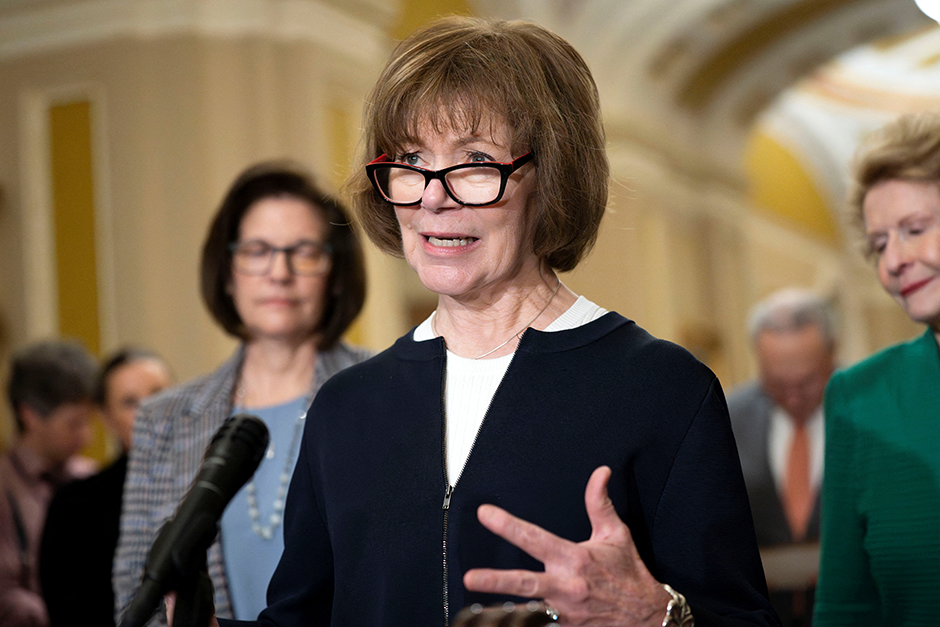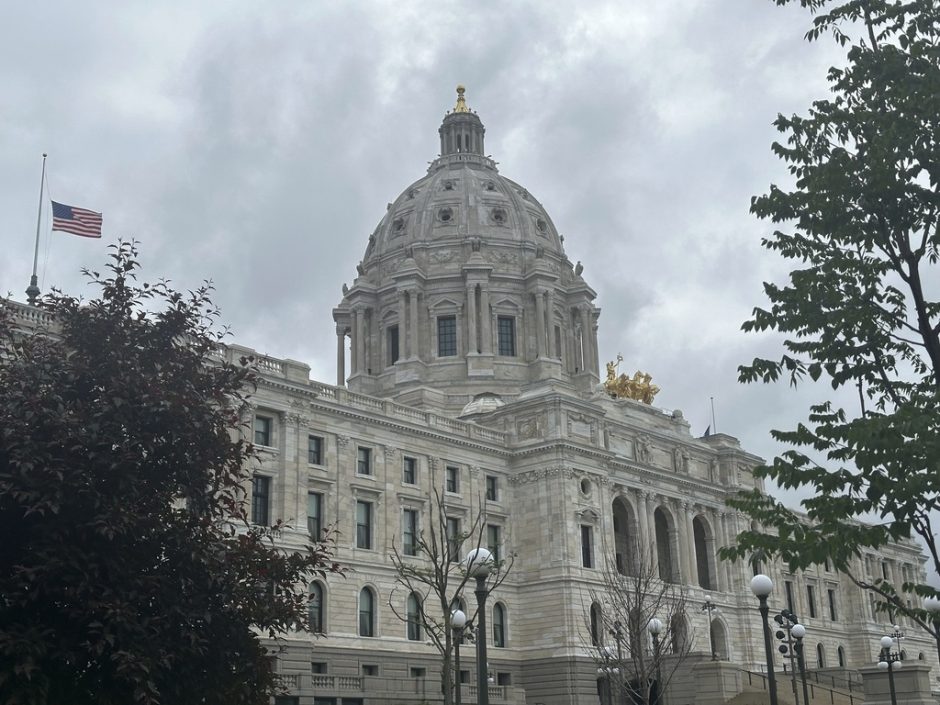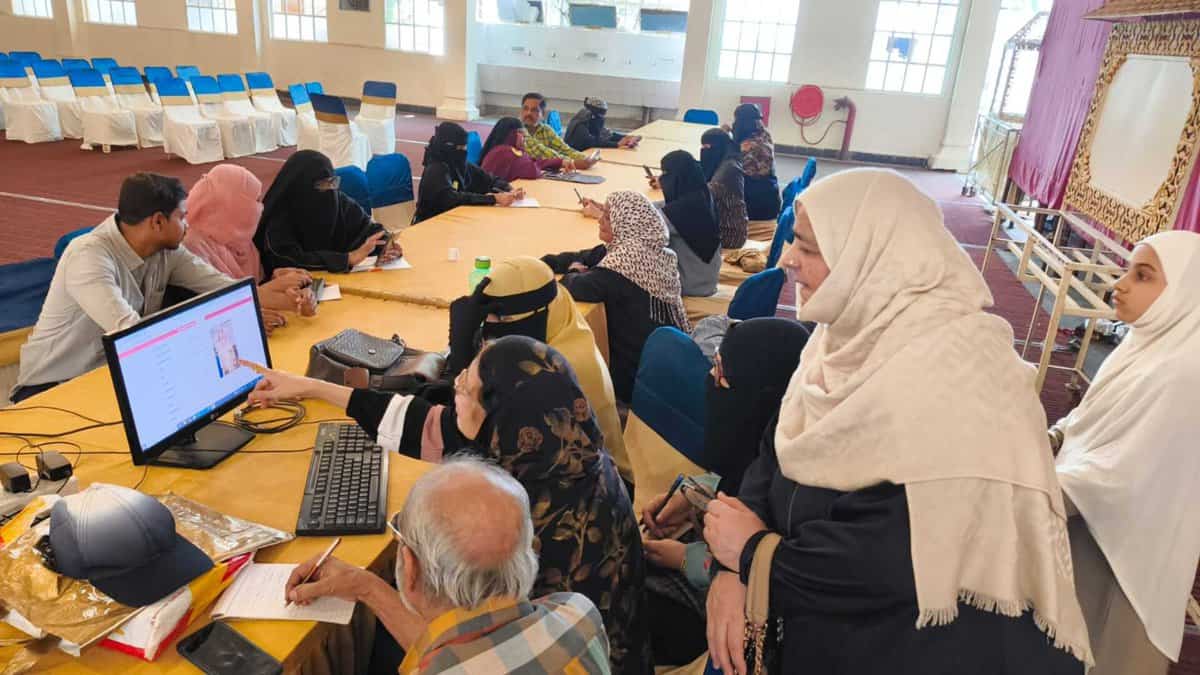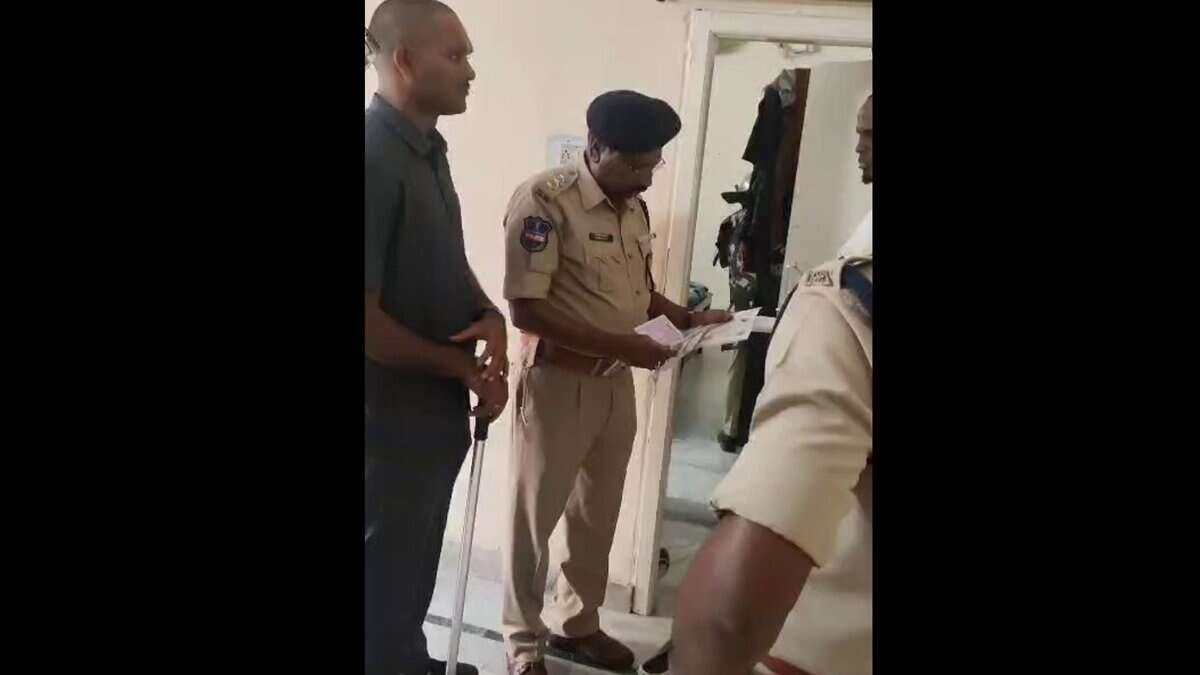
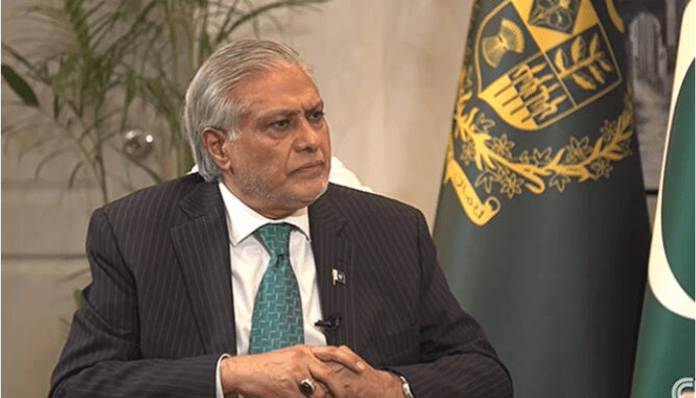
Pakistan’s Deputy Prime Minister Ishaq Dar has delivered a stunning admission, publicly confirming that Islamabad urgently sought a ceasefire with India following precision military strikes on critical Pakistani air bases, including the strategically vital Nur Khan Airbase near Islamabad, during Operation Sindoor. This revelation directly contradicts Pakistan’s long-standing narrative and may finally resolve India’s political debate over the ceasefire’s origins, particularly the Congress party’s persistent questions and former U.S. President Donald Trump’s disputed claims of personal mediation.
Operation Sindoor, launched by India on the night of May 6-7, 2025, was a decisive response to the April 22 Pahalgam terror attack that killed 26 civilians. The meticulously coordinated tri-service assault deployed SCALP cruise missiles, HAMMER smart bombs, and loitering munitions against nine terror camps and key military installations. The strikes inflicted catastrophic damage, particularly at Nur Khan Airbase – a nerve center for Pakistan’s VIP transport and air operations just 10 km from Islamabad – and Shorkot Air Base (PAF Base Rafiqui), a major fighter base. Satellite imagery later confirmed the destruction of command trailers and Pakistan’s critical Airborne Warning and Control System (AWACS) at Nur Khan, crippling its air defence capabilities.
In a televised interview with Geo News, Dar revealed Pakistan’s desperation in the immediate aftermath: “India launched missile strikes at 2:30 AM… Within 45 minutes, Saudi Prince Faisal called me. He asked if he was authorized to tell S. Jaishankar that we are ready if they stop. I said yes.” This confession confirms Saudi Arabia’s role as an immediate mediator at Pakistan’s request, exposes Pakistan’s military unpreparedness, and directly contradicts Pakistani Prime Minister Shehbaz Sharif’s earlier boasts of a “strong response.”
Pakistan Deputy PM Ishaq Dar' openly admits 2 things in this interview
— OsintTVIndia struck the Nir Khan Air base and Shorkot Air base
Ishaq Dar' says Saudi Prince Faisal called him asking "Am I authorised to talk to Jaishankar also and CONVEY ..and you are READY TO TALK"… pic.twitter.com/45TJqnlWKu
(@OsintTV) June 19, 2025
Dar’s admission directly addresses the Indian opposition Congress party’s major criticisms of the ceasefire process. Congress had relentlessly questioned the government, citing Donald Trump‘s repeated boasts that “I stopped the war,” his controversial lunch with Pakistan Army Chief Gen. Asim Munir (whose rhetoric fueled the Pahalgam attack), and demanding PM Modi clarify the ceasefire terms in Parliament. However, Dar’s confirmation of Pakistan initiating the plea via military hotlines and third-party messengers like Saudi Arabia – not the U.S. – aligns with India’s consistent stance and undermines Congress’s position. Senior Congress MP Shashi Tharoor had already conceded: “Trump wasn’t directly involved… We were only reacting to terrorism. The moment Pakistan stopped, we stopped.”
Simultaneously, Dar’s statement unravels Donald Trump’s narrative. For weeks, Trump insisted he brokered the truce by threatening trade cuts against India and Pakistan. However, following a 35-minute call with PM Modi on June 18, Trump dramatically reversed course, suddenly crediting “two smart people, Modi and Munir” for averting nuclear war, a U-turn aligning with India’s position that no U.S. mediation occurred.
The geopolitical implications are significant: Dar’s confession exposes Pakistan’s military vulnerability, validates India’s precision-strike strategy in achieving objectives without escalation, and clarifies the roles of Saudi Arabia (as messenger) and the U.S. (reportedly instructing Pakistan to use official channels). With Pakistan’s deputy PM now confirming India’s account and Trump retreating from his claims, the Congress party faces mounting pressure to drop its skepticism. As the facts solidify – revealing a decisive counter-terror operation that ended only when the aggressor capitulated – continued criticism risks appearing detached from the strategic realities validated by Pakistan’s own admission. Operation Sindoor’s legacy now extends beyond shattered terror camps to a forced public confession that reasserts India’s red lines on sovereignty and security.









